Maine’s moose population was dramatically affected by the recent winter. Whereas female moose mortality on an average winter is abut 10%, this year’s loss was 30%. Ironically, North America’s largest member of the deer family was greatly impacted by a tiny insect: the tick. Moose ticks reached a record high, causing more animals to deal with the infestation (which they do by rubbing off their fur).
Incidentally, most of the reduced permits were for female moose, so applying for a Maine bull moose tag won’t hurt the population. If you draw a tag, you and a friend are in for a first-class adventure. Here are the details, as reported by Dawn Gagnon in the Bangor Daily News.
With winter ticks impacting the moose population this winter, the Department of Inland Fisheries & Wildlife announced Friday it is reducing the number of moose permits available to hunters this fall.
The department will issue 3,095 permits statewide for the 2014 hunting season. That is down 25 percent from the 4,110 that were available last year. 2013 had the highest number of permits issued since 1980, when the moose season reopened after being closed for more than four decades.
The reduction is by far the largest since 1980. The department’s history of recreational moose hunting shows smaller reductions in 2002, when the total number of permits issues decreased from 3,000 to 2,964; in 2003, when the total decreased by another 371; and 2006, when 96 fewer permits were issued than the 2,921 issued during the previous year.
The annual lottery for moose hunting permits is scheduled for June 14 at the University of Maine-Presque Isle.









![The Best Deer Camp Chili [VIDEO] Deer Chili Ingredients, Tomatoes, Chili Spices](/wp-content/uploads/2015/10/Deer-Chili-Deer-Camp-Recipe-218x150.jpg)
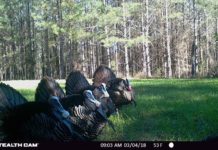

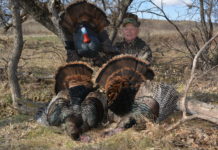

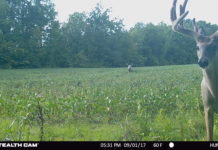
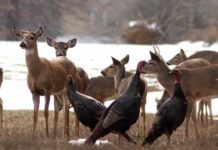

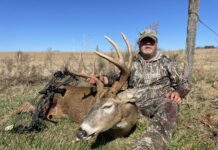
![How to Call Elk Early in the Season [VIDEO]](/wp-content/uploads/2016/08/byers003-218x150.jpg)

![10049521_H11218525-600x400[1]](/wp-content/uploads/2014/05/10049521_H11218525-600x4001.jpg)


![Idiots Disturb Hunter: How Would You Have Handled It? [VIDEO]](/wp-content/uploads/2015/10/DSC00110-e1474487693878-100x70.jpg)
![Albino Buck Shocked to Shed His Antlers [VIDEO]](/wp-content/uploads/2015/10/AlbinoDeer-100x70.jpg)